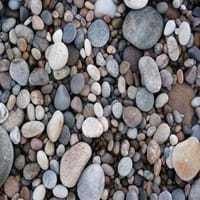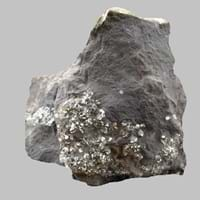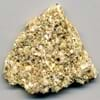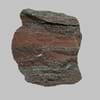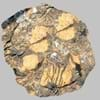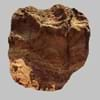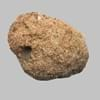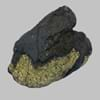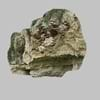Properties of Argillite
Heat Resistant, Impact Resistant 0
Physical Properties of Argillite
Physical properties of rocks are used to identify the type of rocks and to discover more about them. There are various physical properties of Argillite like Hardness, Grain Size, Fracture, Streak, Porosity, Luster, Strength etc which defines it. The physical properties of Argillite rock are vital in determining its Argillite Texture and Argillite Uses.
Hardness and Strength of Argillite
The physical properties of Argillite depend on its formation. Physical properties of rocks play an important role in determining its applications in various fields. Rocks are rated on the on the Moh's Hardness Scale which rates the rocks on the scale from 1 to 10. Rocks with hardness 1-3 are soft rocks from 3-6 are medium hardness rocks and 6-10 are hard rocks. The hardness of Argillite is 2-3 whereas its compressive strength is Not Available. Streak is the color of rock when it is crushed or powdered. The streak of Argillite is white to grey whereas its fracture is conchoidal to uneven. Luster of Argillite is the interaction of light with the surface of Argillite. Luster of Argillite is waxy and dull. Argillite cleavage is slaty. The specific gravity of Argillite is 2.56-2.68. Argillite is opaque in nature whereas its toughness is 2.6. You can also know all the list of rocks in Opaque Rocks, Translucent Rocks and Transparent Rocks.
